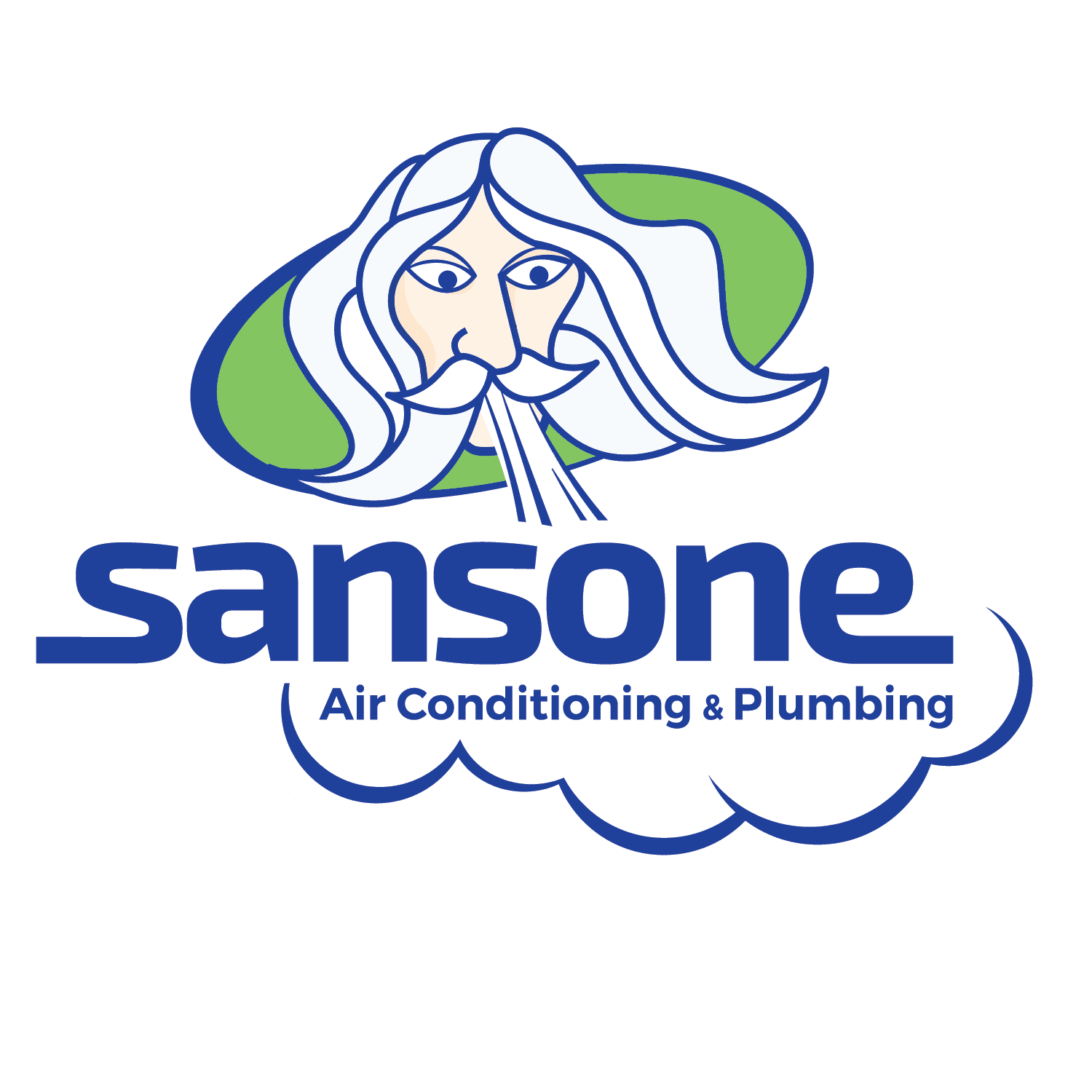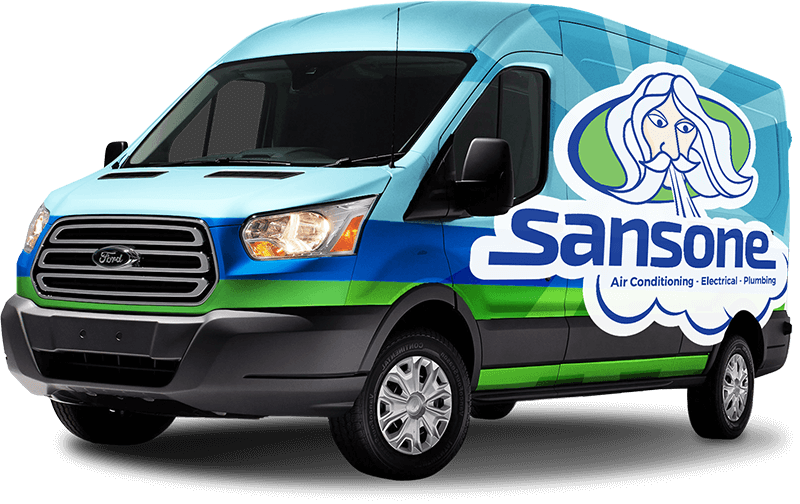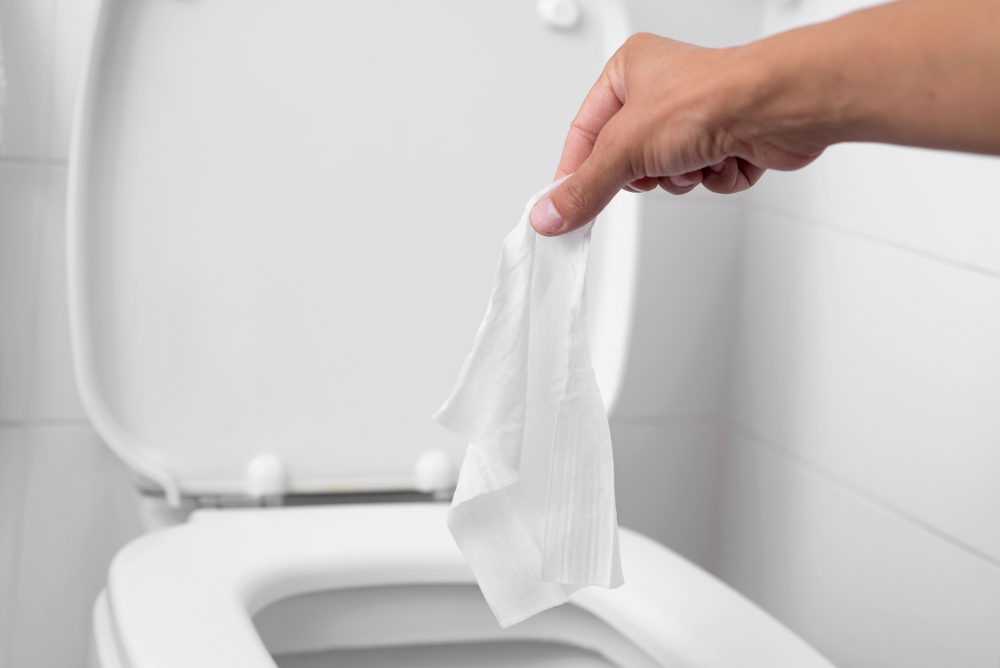
You regularly put baby wipes and other products labeled “flushable” down the toilet and then experience plumbing issues. Is this a coincidence? Are flushable wipes really flushable?
In this guide, we’ll explain the potential consequences of flushing certain products down your toilet and go over which wet wipes are really flushable. Learn how you can save your plumbing system by flushing select products proven to be toilet- and septic-safe.
What Does Flushable Really Mean?
What makes toilet paper safe to flush, and why are baby wipes and similar products not always flushable? Think about how a piece of toilet paper disintegrates once it hits the water. The thin paper won’t cause much damage to your plumbing system since it breaks down into tiny pieces the longer it stays in the water.
A flushed wipe, on the other hand, usually has a harder time breaking down into small pieces. These products often contain non-degradable plastic polymers that keep the wipe together even when you submerge it.
Are Flushable Wipes Safe To Flush? 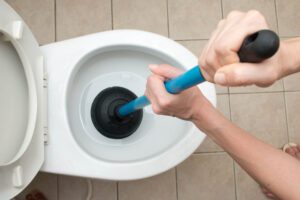
Toiletry manufacturers present wet wipes as being flushable and safe for your plumbing system. This statement is technically true, but there are a few caveats to be aware of.
Which flushable wipes are really flushable? It depends on the materials they use.
Many wipes use a combination of cotton microfibers and polyethylene. These materials are biodegradable but disintegrate at a much slower rate than toilet paper. If you flush them down your toilet, you could end up clogging the drain and requiring professional repairs or drain cleaning services.
Why Are Wipes Advertised as Flushable?
Are flushable wipes really flushable if they contain polyethylene or cotton microfibers? Since cotton material will break down eventually, companies can market these products as flushable.
They often add synthetic materials like polyethylene which by itself isn’t biodegradable. However, when you combine it with cotton microfibers, advertisers can still claim the product is safe to flush. Plumbers warn against it and say that flushing any products besides toilet paper can lead to clogged toilet drains.
If you were to ask an expert, “Why are flushable wipes not flushable?” and, “Why do companies claim their products are flushable?” you’ll get an answer that involves many loopholes. The limited amount of biodegradable material in these products allows companies to get away with their misleading advertising. This marketing technique will likely continue until regulations are in place that prevent this type of deceptive labeling.
Until advertisers face restrictions on what they can deem flushable, it’s important for consumers to recognize the dangers of putting these products down the toilet. Keep this information in mind the next time you use wet wipes and wonder how to dispose of them.
What Can Be Safely Flushed?
Despite their advertising claims, flushable wipes aren’t entirely safe for your plumbing system. It’s best to throw these items in a garbage pail instead of flushing them down the toilet. Otherwise, you risk significant clogs that impact your toilet’s function.
“Flushable” wipes aren’t the only products that you should keep out of your toilet. Experts urge you to dispose of the following items in the garbage rather than flushing them down the toilet:
- Napkins or paper towels
- Hair
- Menstrual products
- Food residue or grease
- Medicine
- Foreign objects like toys or jewelry
The only items that are safe to flush are bodily waste and toilet paper.
Are Any Flushable Wipes Flushable? 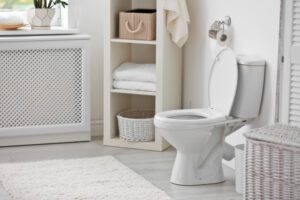
Even the strongest type of toilet paper becomes flimsy and breaks down once you submerge it in water. The main purpose of baby wipes and other so-called flushable products is to clean the body and be more sturdy than toilet paper. As long as these products contain polyethylene or cotton microfibers, keep them out of the toilet if you want to avoid clogging the drains.
Whether you use a sewer or septic system for your home’s plumbing, make sure you only send natural waste and toilet paper through the toilet drain. Any products that have the label “flushable” or “septic-safe” can wreak havoc on your plumbing system. Protect your plumbing by keeping these items out of the toilet.
What If Wipes Have Already Clogged My Pipes?
It’s common for homeowners to have a clogged toilet due to waste. Thankfully, you can break apart the blockage with a toilet auger or force it through the pipes with the suction from a plunger. Since wet wipes with synthetic materials don’t break down as easily as waste or toilet paper, clogs due to these products create more plumbing issues.
You will continue to experience problems with your toilet drain if you keep sending wipes through the pipes. Contact a plumbing professional who can remove the blockage and restore your pipes. The team at Sansone Air Conditioning & Plumbing is happy to perform plumbing repairs to your toilet and drain pipes if wet wipes are to blame.
We can answer all of your questions, like “Are flushable wipes really flushable?” and give you tips for maintaining good plumbing. Call (561) 220-4271 to speak with a specialist or book a service online.
